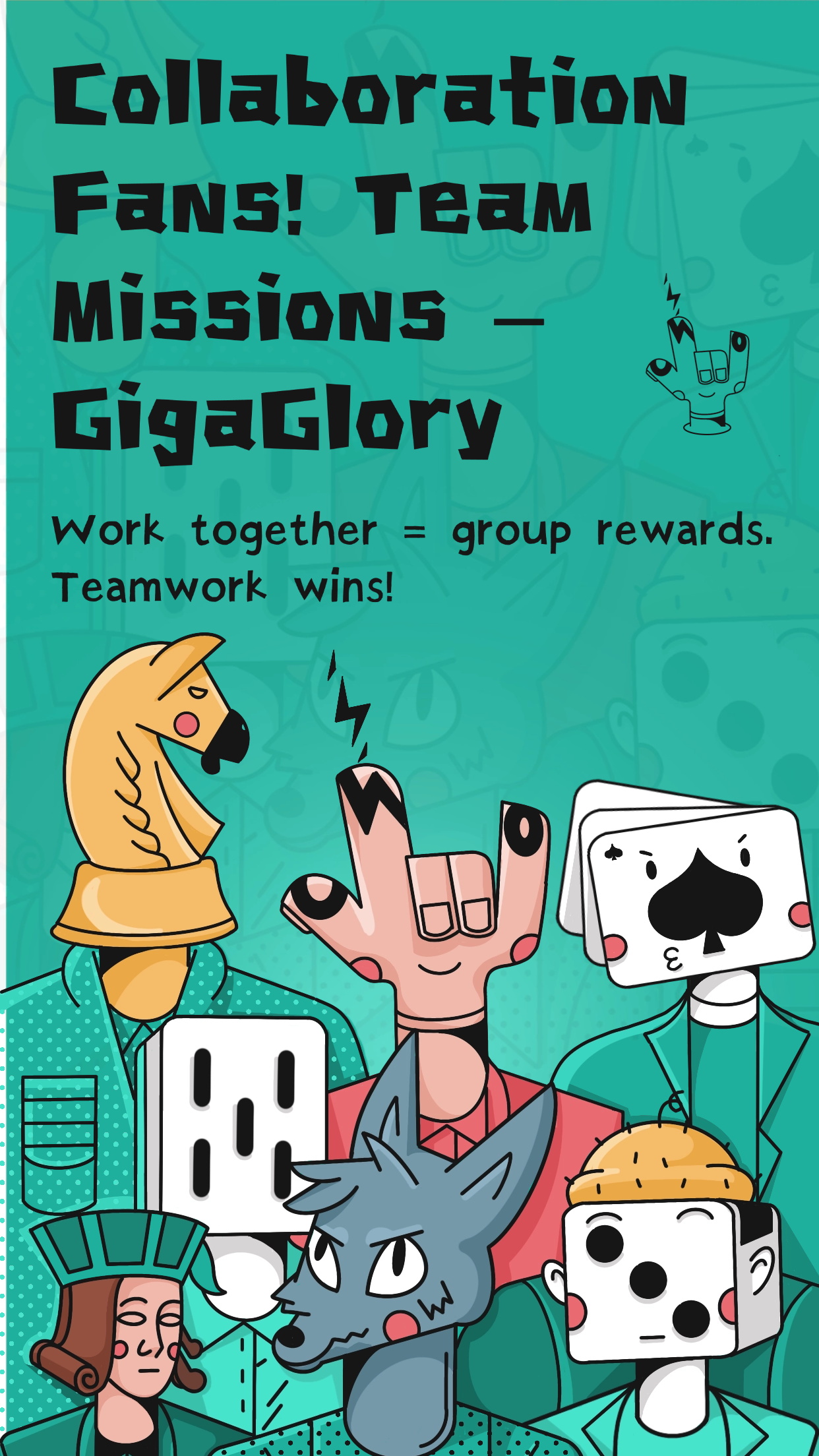Unlocking Learning: How Creative Educational Games Ignite Curiosity in Kids
Creative games have become a significant aspect of children's learning environments. As technology evolves, the way children learn is also changing. This article delves into how educational games, particularly creative ones, pave the way for enhanced curiosity and learning in kids, especially as they look forward to new RPG games in 2025.
The Role of Creative Educational Games
Educational games offer a fun and engaging way for kids to learn. Unlike traditional learning methods, these games captivate children’s attention, making the learning experience enjoyable.
- Encourages Exploration: Creative games motivate kids to explore their surroundings and ideas.
- Promotes Critical Thinking: These games require problem-solving skills, fostering critical thinking.
- Builds Collaboration: Many games encourage teamwork, helping children to work together.
The Ultimate Apocalypse Crash While Loading Match: A Case Study
Take for instance the popular game "Ultimate Apocalypse". Although it is an intense game, it teaches kids about strategy and resource management. When loading a match, kids encounter challenges that require them to think on their feet. This experience can translate to real-world skills.
| Feature | Benefits |
|---|---|
| Strategy Planning | Enhances critical thinking and foresight. |
| Team Dynamics | Encourages cooperative learning. |
| Resource Management | Teaches budgeting and prioritization. |
Curiosity as a Driver for Learning
Curiosity is fundamental in children’s learning. Creative games stimulate this innate curiosity. When children engage with these games, they are more likely to ask questions and seek answers, propelling them further along their learning path.
How Creative Games Are Shaping Future Learning
The landscape of learning continues to evolve. With the advent of new RPG games in 2025, children will have access to even more immersive educational experiences. These games are designed to captivate young minds, ensuring their curiosity is ignited far beyond the screen.
- Immersive Storytelling: Games that involve storytelling enhance comprehension and engagement.
- Interactive Environments: Kids learn better in environments where they can interact freely.
- Customizable Experiences: Tailoring educational games to fit individual learning styles helps in retaining interest.
Benefits of Implementing Educational Games
There are numerous advantages to incorporating educational games into children's learning routines. Here are a few key benefits:
- Engagement: Games keep children engaged and less anxious about learning.
- Retention: Information learned through play is often retained better.
- Development of Soft Skills: These games can develop skills like communication and empathy.
Conclusion
Creative educational games have revolutionized the way children interact with their learning. By fostering curiosity and encouraging innovation, these games lay a foundation for lifelong learning. As we look ahead to new RPG games in 2025, it’s clear that the world of creative games will continue to inspire the next generation of thinkers and doers. It’s not just about playing; it’s about unlocking potential.



